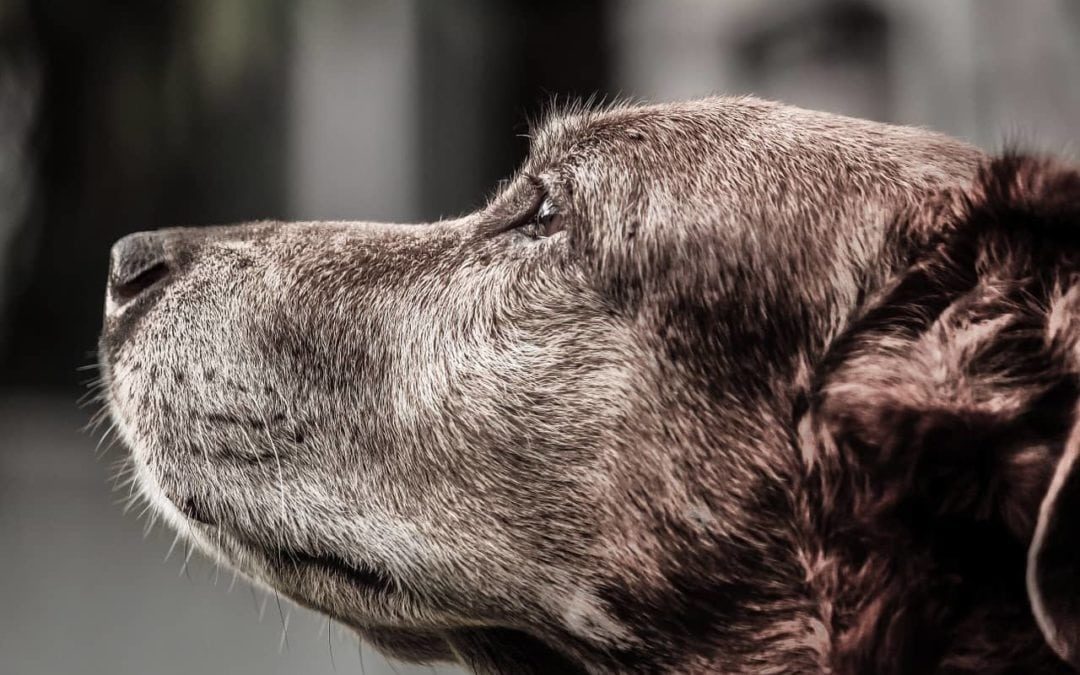When people find out I am a veterinarian, there is one very common response that comes back. “I just couldn’t deal with euthanizing pets.” I have always thought that to be a strange response. I understand why they say it, but I never looked at Veterinary Medicine as the “Dying Pets” business. To me, it has always been the “Living Pets” business! It always baffled me that people focused on one aspect of our profession that is such a small percentage of what we do every day. It feels like focusing on our failures and not our successes. But as I have practiced veterinary medicine, I have grown to understand that people see that part of our job because it stands out so clearly. Time passes by. Entire lifetimes can run together. But in the end…, the end stands out. I believe this is because death is scary and hard to comprehend…… and final.
We are not well equipped for that. We tend to run from it when it is closing in. What I am learning over time, though, is that I am not in the “Dying Pets” business or the “Living Pets” business. I am in the “Keeping Pets Happy and Healthy” business. This is important because it changes the goals we hope to achieve. Of course, we want our pets to have long lives, but not at the expense of happiness and enjoyment. I believe this is a critical difference in human healthcare and animal healthcare. I recently read a book by Dr. Atul Gawande called “Being Mortal: Medicine and What Matters in the End.” In it, Dr. Gawande writes, “I never expected that among the most meaningful experiences I’d have as a doctor — and, really, as a human being — would come from helping others deal with what medicine cannot do as well as what it can.”
So much of medicine these days is geared toward extending life. And why not?! Modern medicine has been very effective. The average life expectancy for humans in 1900 was 47 years. Today that number is 80. Our pets used to be gone at 5 and now they are living 20+ years. That is amazing! But the majority of M.D.’s do not sit at a family’s side during the patient’s final breath anymore. Most of them wouldn’t want to. They would rather talk about treatment options and the optimistic hope of beating the odds. Doctors do this because the alternative feels like giving up. What Dr. Gawande points out, though, is that most human patients would rather have genuine honest dialogue and focus on the quality of life over quantity of life. I believe this is something that veterinarians are forced to grasp early on with the lives of their patients. We need to accept death for what it is. We need to make the process leading up to it as smooth as possible instead of trying to ignore that it is coming at all. Many of our clients have never walked that path before and they are looking for our experience and guidance.
I have grown to realize that in my life as a veterinarian, being able to hold my client’s hand through that process is invaluable. It is almost ironic. We spend years diagnosing, treating, and educating, but yet, how we handle the end is the tie that bonds us stronger to the client than anything else. I am not surprised by the question anymore. I realize that part of my job is standing at the intersection of Life and the Rainbow Bridge and to “help others deal with what medicine cannot do.”

